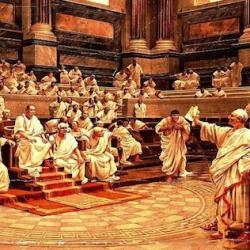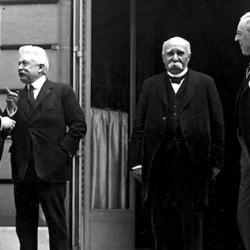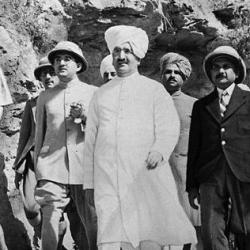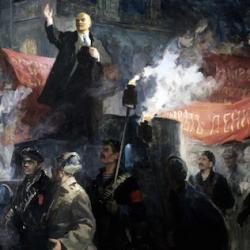John Milbank argues (Crisis of Global Capitalism, 29) that societies tend to be mixed – combining a necessary hierarchical element with elements of democracy and oligarchy. He begins from the Augustinian premise that “sort of human association defined by ‘the object of its love.’ This permits us to see (against the entire normal run of modern political theory) that any human association (including in reality the state and market) is always at once hierarchical and democratic, involving what antiquity referred... Read more




















